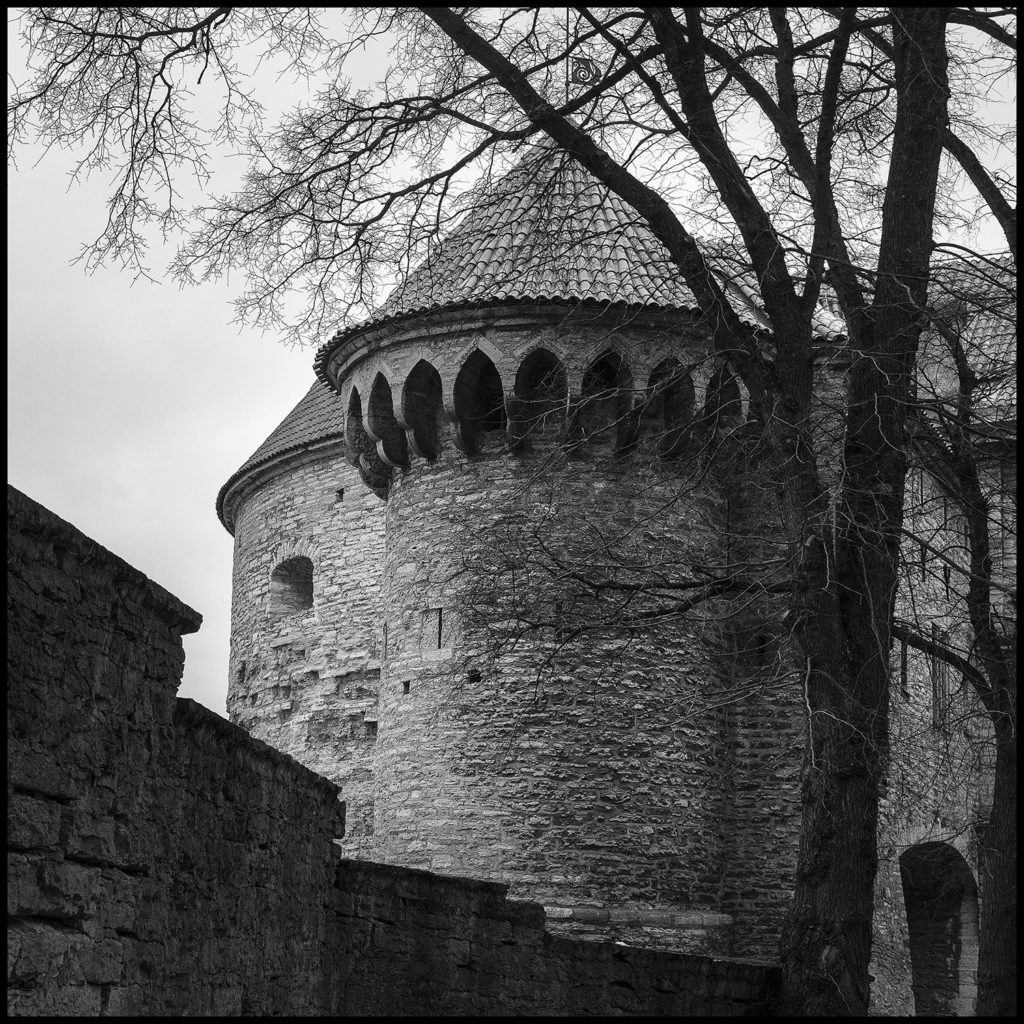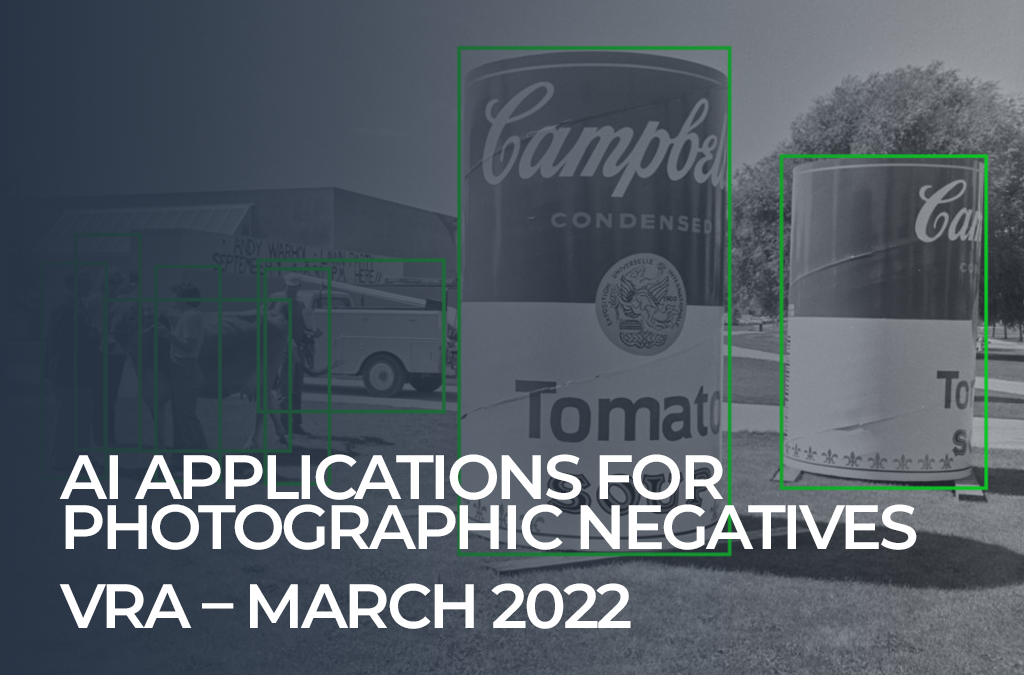Digital Transitions Presents AI Applications for Photographic Negatives at VRA This March
We are proud to announce that Digital Transitions’ service division, DT Heritage, will be presenting at this year’s annual VRA Conference!
The Visual Resources Association is a multidisciplinary organization dedicated to furthering research and education in the field of image management within the educational, cultural heritage, and commercial environments. VRA hosts an annual conference which this year is held March 29 – April 1, 2022 in Baltimore, Maryland.* Register here to join us for the conference!
Register here to join us for the conference!

Doug Peterson, head of R&D at Digital Transitions, will be presenting on March 29 from 12:30-1:30 PM ET. We will review the latest advancements in artificial intelligence as it relates to the digitization of photographic glass plates. He will demonstrate these advancements through a case study of our recent and ongoing project with the Estonian National Archives in which we were able to combine a number of strategies to develop descriptive metadata to improve searchability within the archive.

Film digitized from the National Archives of Estonia
“Photographic Glass Plates and Birthdates: Secrets to Optimizing AI-Generated Metadata Accuracy with the Estonian National Archives”
In 2021, the National Archives of Estonia engaged Digital Transitions’ Service division, DT Heritage, to build an Artificial Intelligence (AI) tool to analyze part of its historic record. The objective was to use this tool to enhance their collection with descriptive metadata that identified persons of interest in a collection of over 8,000 photographic glass plate negatives, a task that would ordinarily take years of human labor. In this presentation, we discuss our approach to accurately detecting and identifying human subjects in transmissive media, our initial findings using commercially available AI models, and the subsequent refinements made to our workflow to generate the most accurate metadata. In addition to working with commercially available AI models, we developed strategies for validation of AI-generated results without additional human supervision, and explored the benefits of building bespoke, heritage-specific AI models. By combining all of these tools, we developed a highly customized solution that greatly expedited accurate metadata generation with minimal human oversight, operated efficiently on large collections, and supported discovery of novel content within the archive.
We hope you can join us for the conference. You can learn more about our work with the Estonian National Archives here.
*At the time of publication this conference is scheduled to be in person, but the VRA Executive Board is monitoring the status of the global pandemic very closely and may make changes according to the state of public health. More details can be found here.

